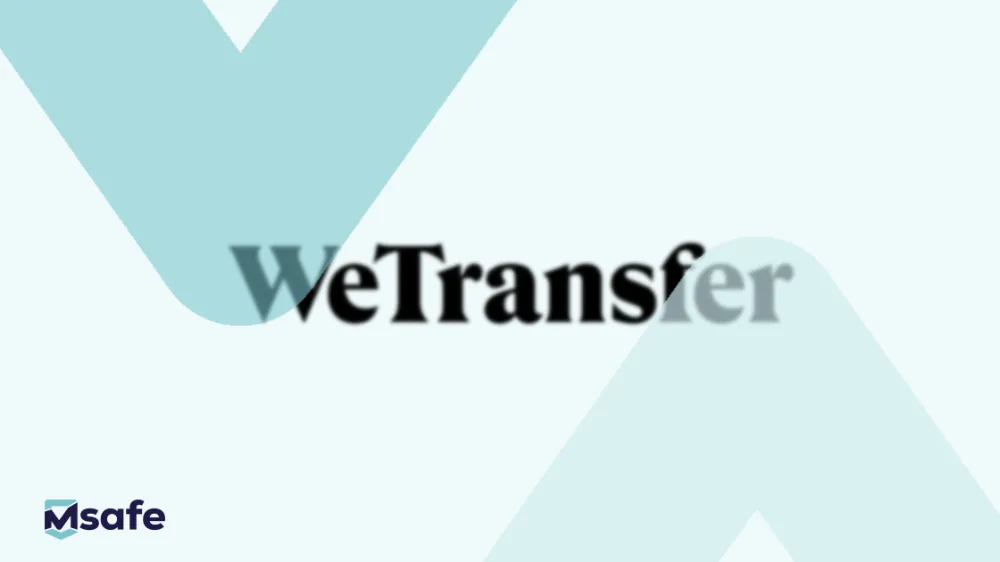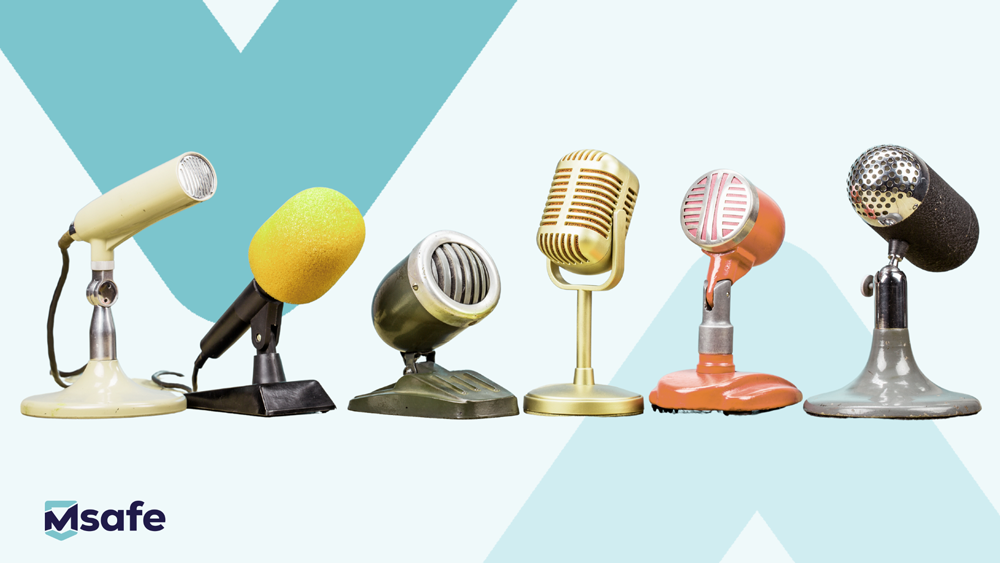File transfer may look simple on the surface, but when compliance, sovereignty, and trust are at stake, the choice of platform makes all the difference. Today, two names often come up: WeTransfer and Msafe. Both let you send large files quickly, yet their DNA and ownership tell very different stories.
WeTransfer: From Dutch Startup to Foreign-Owned Platform
WeTransfer started in Amsterdam in 2009 as a beautifully simple way to share large files when email wasn’t enough. Its focus on creatives made it a global success: fast, intuitive, and visually appealing.
But in 2023, WeTransfer was acquired by Bending Spoons, an Italian app developer backed by international investors. That shifted WeTransfer firmly away from its Dutch roots. While the platform still works well for casual use — sharing photos, videos, or design drafts — it is no longer a sovereign European solution. Data can be stored outside the EU, AI systems may process files, and crucial enterprise features such as audit trails and digital signatures are missing.
Msafe: A Sovereign European Alternative
Msafe was founded in the Netherlands with a very different mission: secure and compliant file transfer for organizations that cannot afford risk. All development, servers, and operations remain within Europe. No data leaves EU jurisdiction. No foreign parent company can interfere with governance or demand access.
Security and compliance are built in from the start:
- End-to-end encryption at every stage
- Two-factor authentication for all users
- Audit trails for accountability and regulatory proof
- Digital signatures for trusted workflows
- Integrations with Outlook, Entra ID, and APIs
- No AI or data mining — files remain private
This makes Msafe ideal for enterprises in energy, manufacturing, finance, healthcare, and government, where compliance with GDPR, NIS2, and DORA is non-negotiable.
Why Ownership Matters
Some may argue that encryption alone makes any platform safe. But ownership and jurisdiction define who can be compelled to hand over data, even metadata and access logs. Foreign-owned companies may be subject to laws outside the EU, creating hidden risks.
Msafe’s independence ensures that European customers operate entirely under European legal protection. This is not just a technical safeguard but a strategic advantage: true digital sovereignty.
The Bigger Picture: Europe’s Challenge
WeTransfer’s acquisition reflects a broader problem: Europe repeatedly loses digital champions to foreign buyers. Despite significant funding initiatives — such as the Dutch Security Tech Fund, InnovationQuarter, and HSD — there is little policy to protect vital technology from leaving European control.
Msafe represents a different path: growth from within Europe, for Europe, built on trust, compliance, and sovereignty.
Conclusion
For casual file sharing, WeTransfer remains convenient. But for organizations handling sensitive data: contracts, legal documents, medical files, or infrastructure schematics, it falls short.
The difference is clear:
- WeTransfer: consumer platform, foreign-owned, focused on convenience.
- Msafe: enterprise-grade, Dutch-founded, European-owned, focused on security, compliance, and sovereignty.
In a world where data equals power, the decision is no longer just about features. It’s about control, trust, and resilience. Choosing Msafe means choosing Europe’s digital independence.







